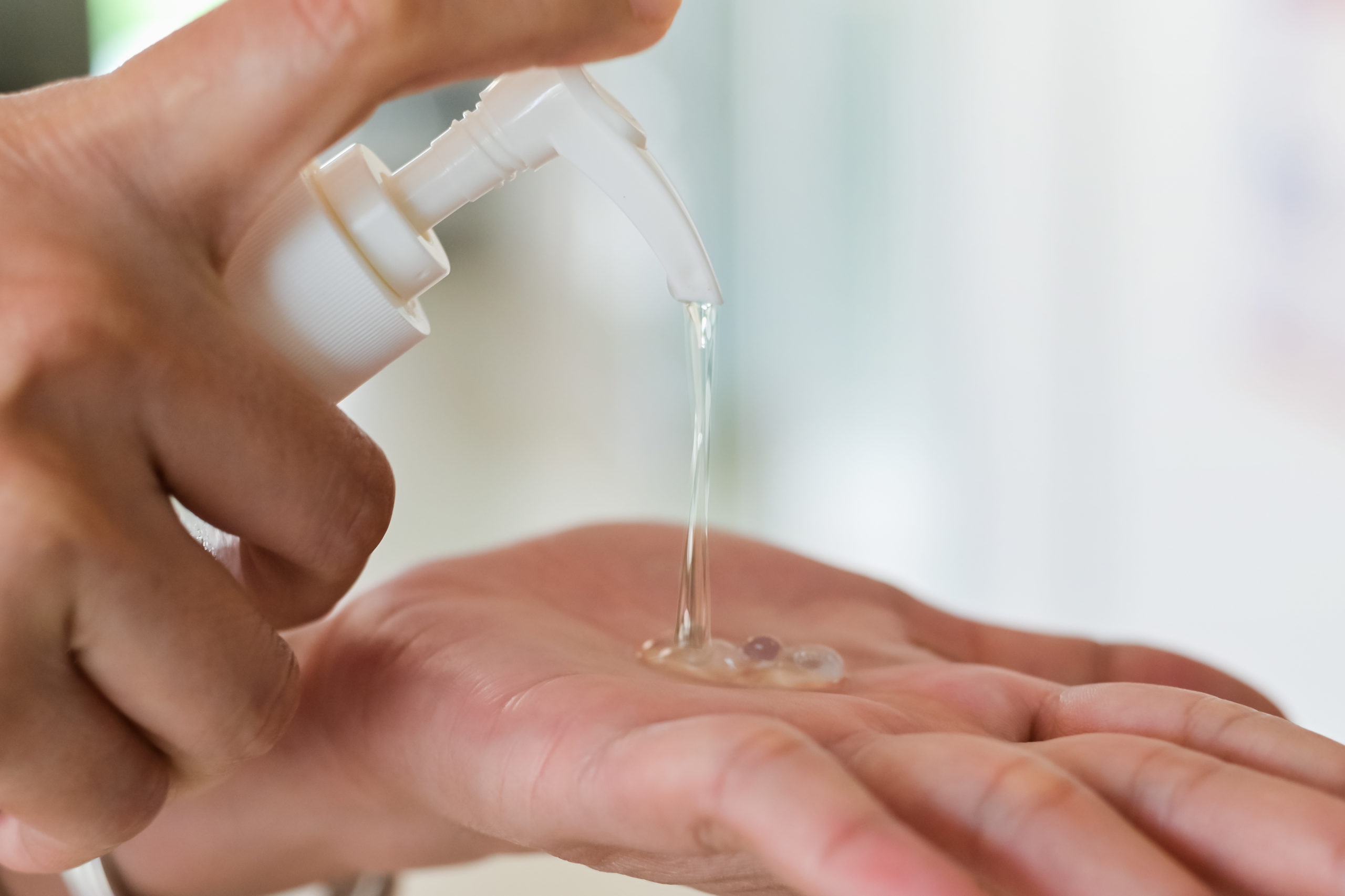In the current state of social distancing and quarantines amid COVID-19, hand sanitizer has become an essential tool for keeping people germ free. But the general population may not know that it carries severe risks for those recovering from alcoholism. In fact, it is often not present at sober living homes just for that reason.
NBC News recently published a feature on this issue and we certainly believe that the message is worth spreading. Even before the coronavirus outbreak, former alcoholics had been known to relapse after to being exposed to sanitizers like Purell. For many, it goes back to the odors and the sensations experienced when you rub it on your hands.
Noted addiction specialist Dr. Joseph Bradley was interviewed for the NBC article and emphasized the importance of recognizing this issue.
“I believe that it’s a very important thing to discuss,” Dr. Bradley told the site. “The sense of smell is a very strong indicator to trigger urges, and impulses of obsession and even cravings. I’ve seen former alcoholics put it on their hands, and lick their fingers. Or they’ll put it on their hands and keep inhaling the vapors of it.”
Though it is uncommon (and obviously very dangerous) for people in recovery to drink hand sanitizer directly, exposure to it can create temptations to ingest alcohol again. Dr. Bradley added that vodka is the spirit most commonly associated with these products. Those who develop cravings often associate their sensations with that particular drink.
And, of course, in today’s situation, hand sanitizer is everywhere and heavily encouraged. We certainly understand the benefits it provides, but many are simply unaware of the relapse risks associated with it.
In these instances (and as a note to recovery professionals), hand washing with soap is recommended as the easiest alternative. The goal here would be to still kill germs, but find different solutions that take products like Purell out of the equation.
And, as emphasized earlier, this isn’t a phenomenon that all recovering alcoholics experience. But it does happen to many and, as Dr. Bradley concluded, why even carry that relapse risk if you know the drinking temptations may still be there?
“Why not do something with certainty, which is to not use the alcohol-based hand sanitizer, versus take the chance,” he explained. “Just putting it on your hands has such a prominent smell of alcohol and/or vodka, it could be extremely dangerous for the relapse.”







